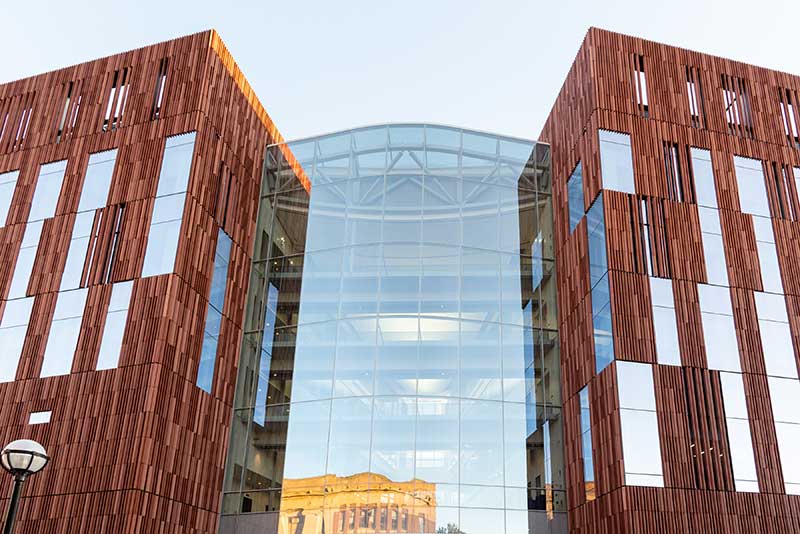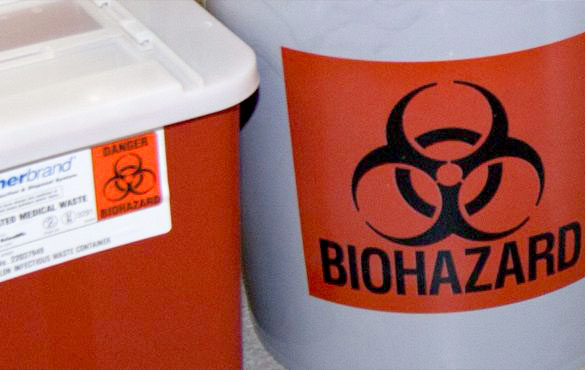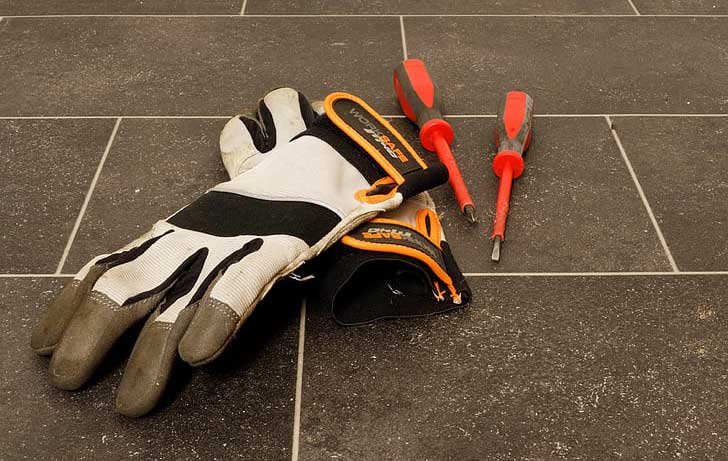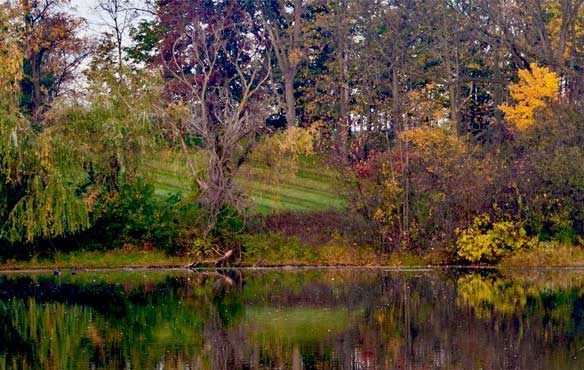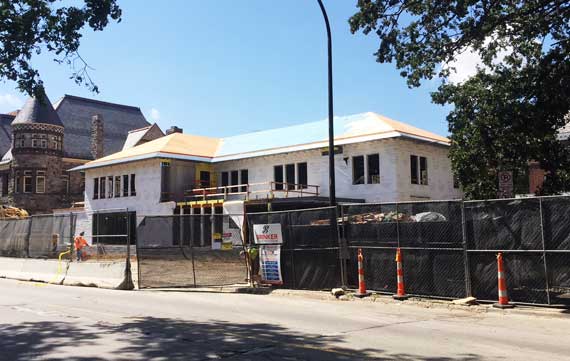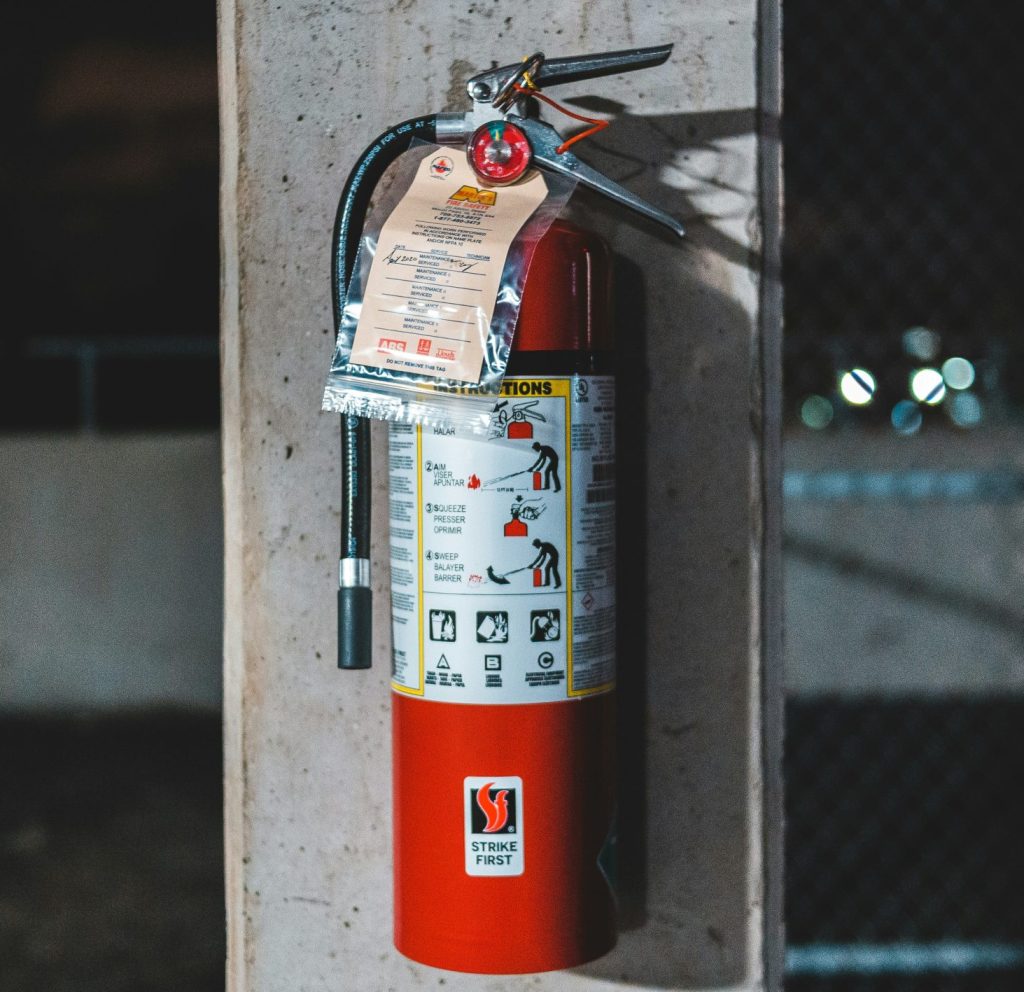Hot Work Permits
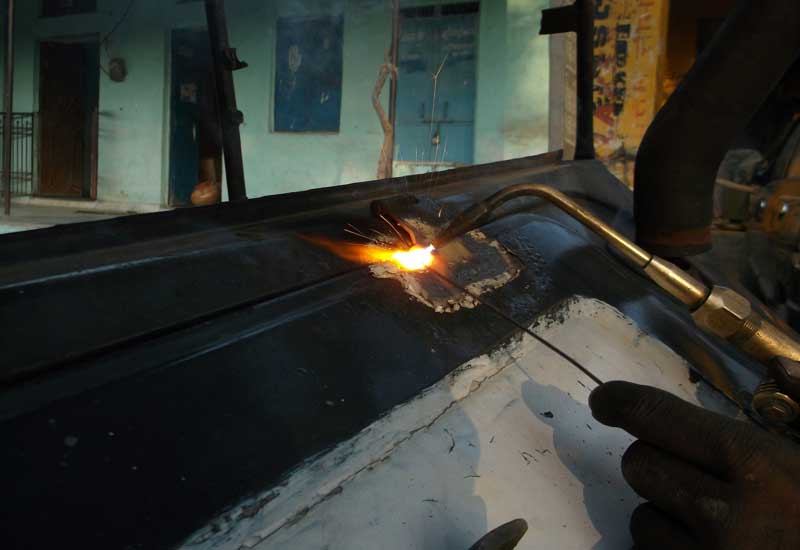
In order to protect University of Michigan (U-M) employees from fires due to temporary operations involving an open flame, or that produces heat, sparks, or hot slag, U-M has developed the following procedures, to be used whenever hot work is being performed. Hot work should not be performed if the work can be avoided or performed in a safer manner. When practical, objects to be welded, cut, or heated shall be moved to a designated safe location, e.g., a designated welding area.
Hot work is not permitted:
- Within 50 feet of explosives, stored cylinders, or stored fuel
- Unless authorized by a supervisor
- In the presence of a potentially explosive atmosphere
Hot work shall not be conducted in areas not intended or designed for conducting hot work, unless the area has been inspected and a Hot Work Permit issued to the person(s) who will be conducting the actual work. Areas permanently established and arranged to conduct hot work are exempt.
Hot Work Permit (for Contractors): This Hot Work Permit is required for any temporary operation involving open flames or producing heat, sparks, or both in an occupied tenant space. This includes, but is not limited to: brazing, cutting, grinding, soldering, thawing pipe, torch applied roofing, and welding.
